- Home
- slideshows
- miscellaneous
- Experts say these retailers could be worst hit by the trade war with China
Experts say these retailers could be worst hit by the trade war with China
Apparel companies

Home-improvement stores
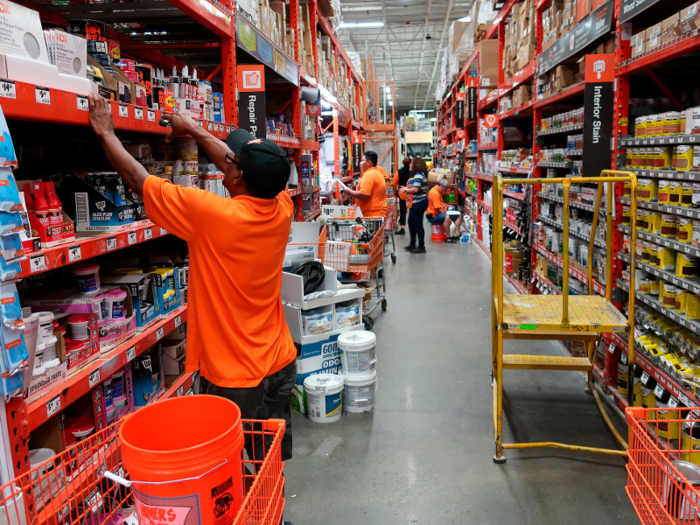
Analysts have previously called out Home Depot and Lowe's as retailers that are likely to be negatively impacted by tariffs in the future.
Wedbush analyst Seth Basham told Business Insider at the end of 2018 that tariff-driven costs could put pressure on these companies' margins and sales, as they both currently have "significant exposure" to tariffs.
Read more: A financial analyst breaks down why Trump's tariffs could be excruciating for Home Depot and Lowe's
Electronics sellers
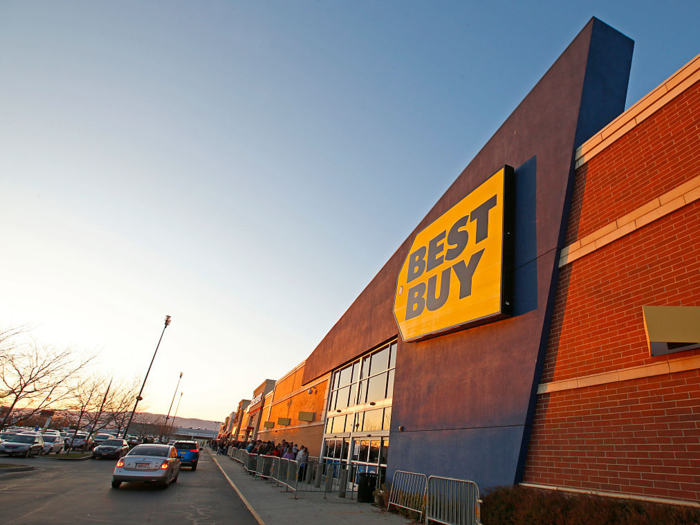
Analysts are expecting electronics sellers to be badly hit by the new wave of tariffs.
Best Buy, which previously said that around 7% of its goods would be impacted by tariffs, has seen its stock price tumble this week as investors anticipate the worst.
Dollar stores
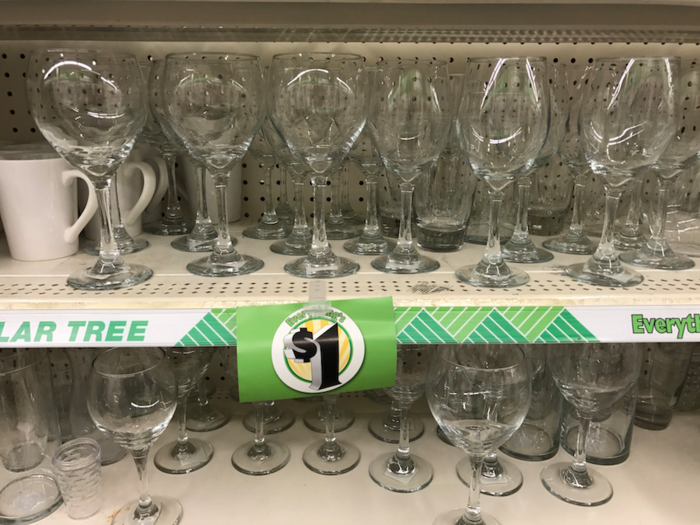
As dollar stores source a large portion of their inventory from China and have less room to increase prices, they are likely to be badly impacted by tariffs.
This is especially true for Dollar Tree, which is known for selling items for $1 or less and for operating on a low-margin, high-volume basis, which is dependent on low prices.
"The tariffs are more difficult for Dollar Tree than rivals because the company has a one-dimensional business model that is not easily flexed or changed," Neil Saunders, managing director of GlobalData Retail, told Business Insider in an email last year.
Saunders is referring to Dollar Tree's fixed $1 price point, which makes it almost impossible for it to increase costs on the consumer side without changing its entire business model. Moreover, as the very nature of its business is to be cost-cutting, there are very few ways to cut expenses elsewhere.
Sneaker brands
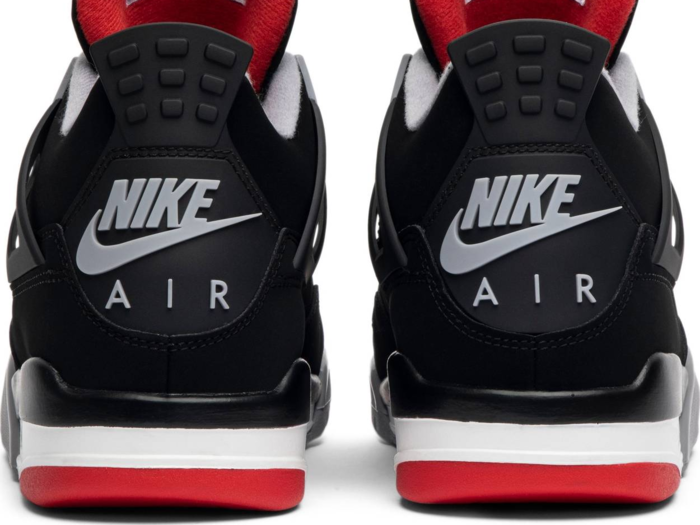
Bad news for sneakerheads — athletic footwear could be about to experience a significant price increase given that many of these products are imported from China.
To prepare for this, several of the largest sneaker companies, such as Nike, Adidas, and Under Armour, have been moving their manufacturing facilities away from China to minimize the impact of tariffs.
Recent research from Footwear Distributors and Retailers of America estimated that the average price of a pair of sneakers, pinpointed at $48.18, could increase by nearly $13, to $60.93.
Furniture makers
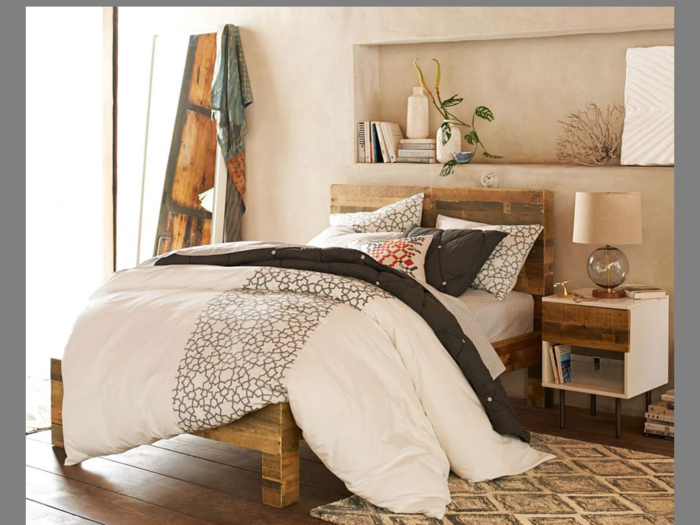
Furniture maker Williams-Sonoma, which also owns Pottery Barn and West Elm, has been prepping for the impact of tariffs.
CEO Laura Alber told CNBC on Monday that the company shifted some furniture production to Vietnam, Indonesia, and the United States after Trump imposed a 10% duty on $200 billion worth of Chinese goods in 2018.
To keep consumer costs down, the company said it has been renegotiating contracts with manufacturers and looking at how it can reduce costs elsewhere in the business.
Popular Right Now
Popular Keywords
Advertisement